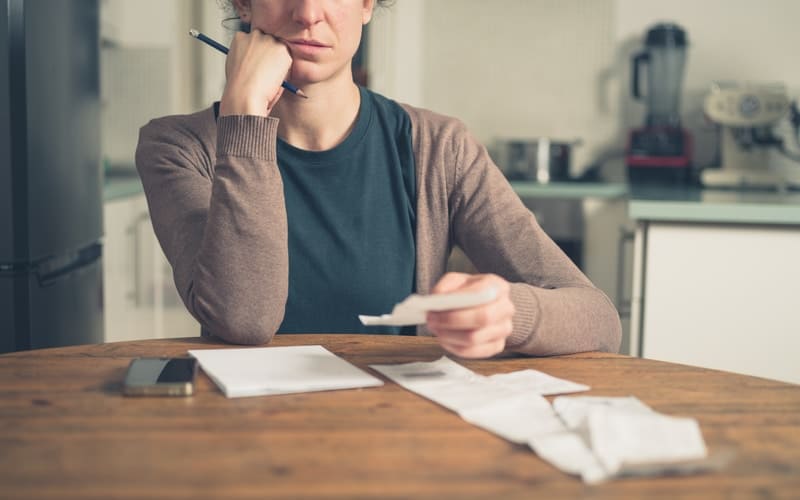
First, take a deep breath. The first thing you need to do when you want to manage money better is to actually look at your finances.
If you don’t balance your outgoing spend with your income, you will begin to struggle to make ends meet, and if you turn to short term fixes such as credit cards and payday loans you can find yourself starting to struggle with further debt.
A budget is a good place to start: find out exactly how much you spend a month. Take all accounts into consideration here: from your main bank account to any credit or store cards. You can use your statements to track exactly how much you spend on items, from bills to your weekly supermarket shop.
To make it easier, you can categorise your spending into groupings such as household bills, living costs, borrowings and leisure.
It’s best to take a look at finances over a few months in order to fully see your budget and from this you can see where your excess spending is, and if there is anywhere you can cut back.
Can I change the size of my monthly bills?
There are some payments which can’t change: rent, council tax and your TV license, for instance. However, there are some that you could be able to make simple savings with.
If you have a mortgage, have you got the best rate available and can you change the type of mortgage to reduce your payments? Are you on the best deal for you? If not this can be a way of reducing your monthly costs with the cost of mortgage borrowing at an all-time low.
Also make sure you’re on the most cost effective and suitable mobile contract for your needs and look at things such as your utilities. You should constantly check out the options to switch your gas and electricity provider for example. A uSwitch survey from June 2015 found that the average annual saving made by customers switching energy tariffs has risen to £292: that’s over £1,000 over four years.
Even if you are already on the cheapest supplier and best tariff, there are still some things to check to make sure you are getting the best deal: for example, paying by Direct Debit can save you money.
Little costs can add up
There may also be smaller but effective ways to save money based on your budget, for example, if you spend money buying your lunch each day, you could save by bringing in a packed lunch instead. It also worth looking at what you spend on clothes, nights-out and gadgets.
Little things like this can add up and help you to balance your finances better.
Which debt should I pay off first?
If you find from looking at your finances that you have a lot of loans and credit or store card debts to pay off, it makes sense to pay off the debt with the largest interest first. Personal loans from banks, for instance, normally charge a lower interest rate than store cards, so you can save yourself money by paying off the store card first. However, make sure that you don’t break any terms of agreements, and that you continue to make the minimum payments for any other debts.